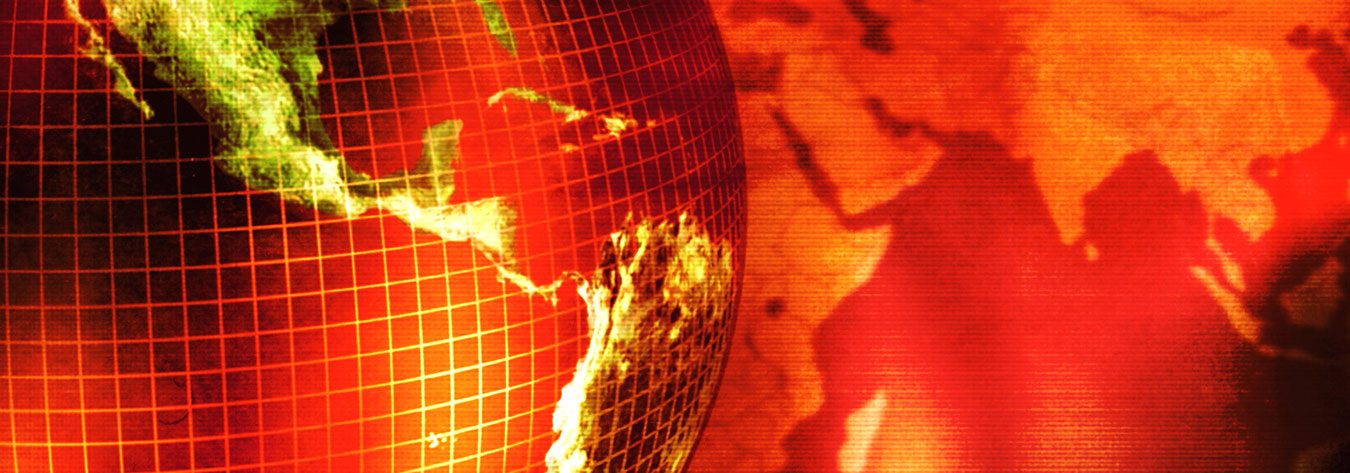In July, what is believed to be the hottest land temperature in history (roughly 54°C)—aside from the hotly debated record of 56.7°C held by Death Valley in the US—was recorded in Kuwait and Iraq.
Moreover, official figures show that June marks the 14th straight month of global record temperatures, and is also the hottest registered since records began in 1880. There is no reason to believe this trend has not continued to date.
Meanwhile, the UK saw the wettest June ever. Other parts of Europe, notably France, suffered severe flooding, while California still labours under drought conditions, with forest fires a major concern.
In Japan, officials are warning that the Kanto region faces a serious drought this summer, with dam levels at their lowest in a quarter of a century due to a lack of rainfall and an unusually low snowfall last winter. Already there is a 10% restriction on water intake for six prefectures around the Tone River and a 20% restriction for those drawing water from the Watarase River.
While this may not have an immediate impact on domestic households, further restrictions can’t be ruled out. At restrictions of 33% there would be consequences for many communities.
What’s behind all of this is climate change, much of which is brought about by global warming, which in turn is due, in great part, to our continued use of fossil fuels and the subsequent creation of carbon dioxide in the atmosphere.
This has caused alarming changes in the weather across the globe with hitherto predictable patterns thrown into disarray. One example is what is happening to the South-East Asian monsoons.
A recent study published in the journal Science Advances helps to explain the changes in ocean temperatures near the equator. As The Associated Press reports, the study focuses on a body called the Indo-Pacific Warm Pool. It spans the eastern Indian Ocean to the western Pacific and has some of the world’s warmest seawaters.
Scientists have known for some time that this has an influence on India’s monsoon rains. They also know that the pool has been expanding and warming for decades, which has already resulted in a rise in sea level around some Asian islands.
What they didn’t know until recently was just why the pool was changing. The study has brought answers; it appears that increasing levels of greenhouses gases and other atmospheric pollutants are the dominant cause.
Action to take
Though there are still those who deny a direct connection between global warming and climate change, there is no doubt that those who make the connection are in the great majority. In Paris, in December 2015, no fewer than 195 nations agreed to reduce greenhouses gasses. People all over the world have turned out to demonstrate their anti-fossil fuel sentiments, with even the Pope calling for action.
This is all well and good. The problem is that, along with an increase in the number of those who believe action is needed to combat climate change, there is greater disagreement about the steps that are needed. There is no united position on the battle.
For example, there is no agreement over whether nuclear plants should be part of the approach to reduce greenhouse gasses. A lot of nervousness about the technology exists, and was fed by the 2011 disaster at the Fukushima Dai-ichi Nuclear Power Plant. Still, supporters point out that nuclear plants produce enormous amounts of energy without producing the carbon dioxide that results from burning coal or natural gas.
Natural gas has been touted as a “bridge” to renewable fuels as it produces less carbon dioxide than coal, for example. However, the technology used to extract the natural gas—fracking—is controversial because, among other environmental impacts, it often results in a leakage of methane, itself a greenhouse gas.
While the consensus appears to be that climate change is a reality, it seems the jury is still firmly out when it comes to deciding how to tackle it. The question remains, how long will it take? Many experts believe that time is running out if we are to avert a complete catastrophe.







